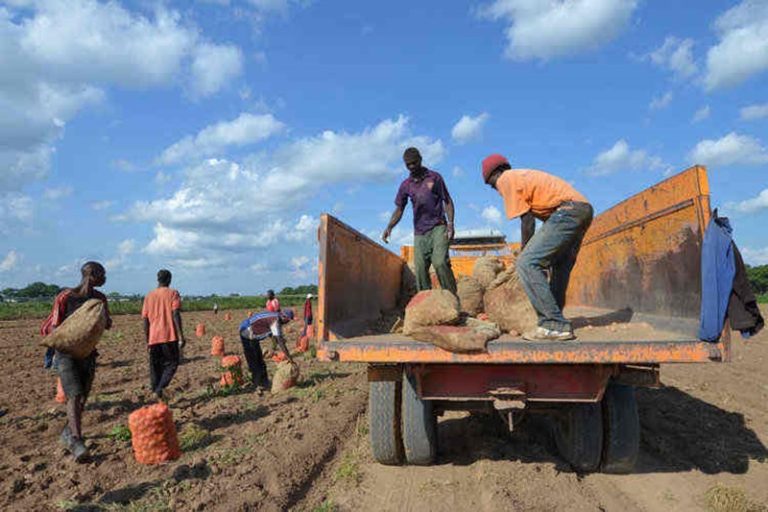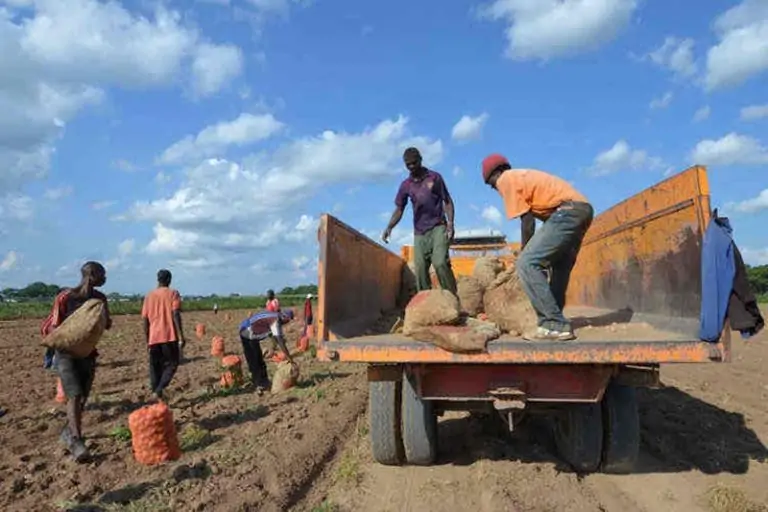

empowering malawi's smallholder farmers through technology and community support
Malawi in southeastern Africa has a fertile soil and a subtropical climate well-suited for agriculture, with more than 80% of its population engaged in farming.
While the agricultural sector is a mainstay of the economy, the climate emergency has made rainy and dry seasons less consistent, which could significantly impact crop yields.
A number of smallholder farmers in the landlocked country still rely on outdated practices and lack hyperlocal weather data to make informed decisions, putting their profits at risk.
In an effort to empower Malawi’s farmers through technology, IBM and Heifer International collaborated to develop a digital tool called OpenHarvest.
The mobile application provides specialised recommendations based on visual field data, weather forecasts, and crop growth stages analysed using AI and climate modelling.
The app also monitors soil nutrient levels. Each participating farmer’s agricultural field is assigned GPS coordinates that trigger recommendations tailored to that specific location.
Since a majority of Malawi’s smallholder farmers do not own smartphones, OpenHarvest transmits personalised SMS messages with precise management tips.
This makes the tailored recommendations accessible and affordable, in contrast to the time when farmers only had access to generalised radio weather reports.
Moving forward, OpenHarvest plans to improve farmers’ productivity and prosperity through data-driven, climate-smart agriculture. Its success demonstrates the power of technology.
With climate change making it harder for Malawi to meet its ambitious development goals, the country should jumpstart investments in climate-resilient infrastructure.
Most immediately, Malawi must also halt land degradation and forest loss to improve agricultural productivity and carbon capture.
Prioritising these actions could reduce the number of vulnerable households that would otherwise fall into the deep dungeons of poverty by as much as three-quarters.
The U.S.-based driver training company Zutobi analyzed road safety worldwide and found South Africa stays last in driving danger since…
The Basketball Africa League (BAL) returns for its 2025 season with exciting changes and developments. Since 2019 the NBA-linked basketball…
The Somali president supports their military forces to eliminate the threats from Al-Shabaab, ISIS, and Al-Qaeda. The Somali National Army…
UAE President Sheikh Mohamed bin Zayed Al Nahyan held talks with President Faustin Archange Touadéra of the Central African Republic…
African football teams struggle intensely in the World Cup Qualification rounds to earn their place on the international football stage.…
The journey toward the 2026 FIFA World Cup is rapidly intensifying for all African teams, who now hold a historical…
This website uses cookies.